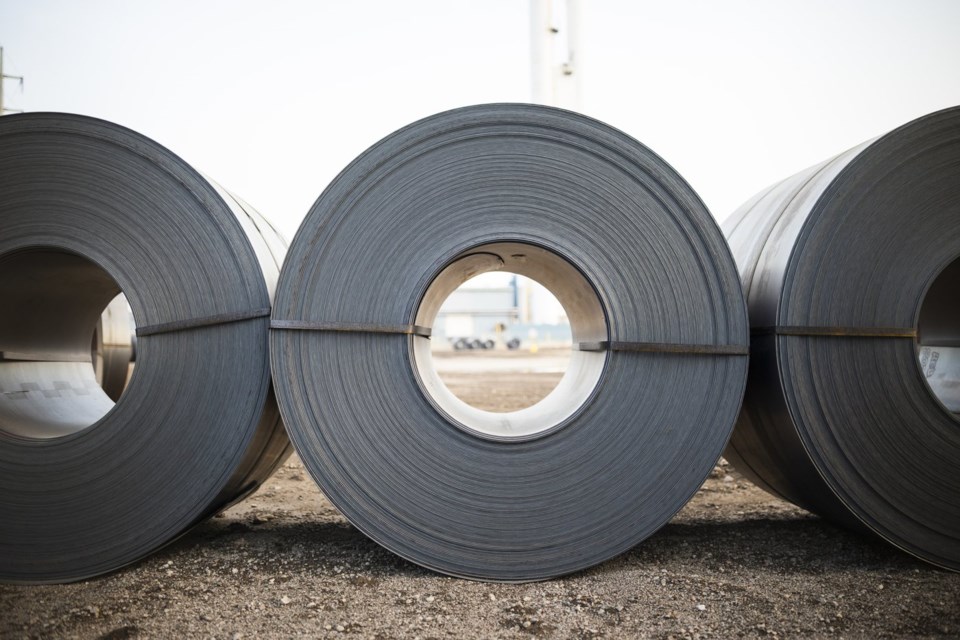OTTAWA — China is taking its dispute with Canada over steel tariffs to the World Trade Organization.
Beijing filed a complaint Friday with the WTO in response to Canadian restrictions on imports that contain steel melted or poured in China.
Prime Minister Mark Carney announced last month that he was imposing the 25 per cent surtax on products containing Chinese steel to protect the domestic industry in the face of steep U.S. tariffs.
But China said those duties are "discriminatory," according to a translation of a statement issued by the Chinese commerce ministry.
"This is a prototypical measure reflecting unilateralism and protectionism, which damages China’s legal rights and disrupts the global stability of steel product supply chains," the translated statement said.
China said it is disappointed by the move to impose tariffs and urged Canada "to correct its erroneous actions." The statement also made reference to protecting the multilateral rules-based system of trade and improving Canada-China trade relations.
The Canadian Press reached out to Global Affairs Canada for comment on Friday but has yet to receive a response.
Carney said at his announcement of new steel industry protections in July that some foreign competition "unfairly benefits" from non-market policies.
This can include companies exporting products at a lower price than they charge domestically - a practice known as dumping.
Canada's trade dispute with China ramped up this week after Beijing imposed a tariff of nearly 76 per cent on Canadian canola seed starting Thursday - an apparent response to Canada's ongoing tariffs of 100 per cent on Chinese-made electric vehicles.
China imposed the duties after what it said was an anti-dumping investigation into Canadian canola. Ottawa has denied that Canada is dumping canola.
Lawrence Herman, a Toronto-based international trade lawyer, said in an email to The Canadian Press on Friday that the WTO complaint is a "cynical ploy."
China often offends "the very basis of the WTO agreement" with its use of state capitalism and aggressive takeovers of foreign markets through subsidized exports, Herman said.
China exploits and disregards the WTO's own trade rules by "preventing foreign companies from fair and open access to its own market and, in one way or another, acquires western technology though various devious mechanisms," he argued.
Herman said Canada can defend itself at the WTO by pointing out China's own "egregious actions."
Herman said that even if China's case were to be proven, he questions the ability of the WTO dispute settlement process to produce a substantive penalty.
The organization authorizes members to impose sanctions based on a consensus finding of wrongdoing, but cannot hand out penalties unilaterally.
"The result is that while Canada will contest the Chinese claim, at the end of the day the dispute process can’t lead to any meaningful legal result," Herman said.
This report by The Canadian Press was first published Aug. 15, 2025.
Craig Lord, The Canadian Press


